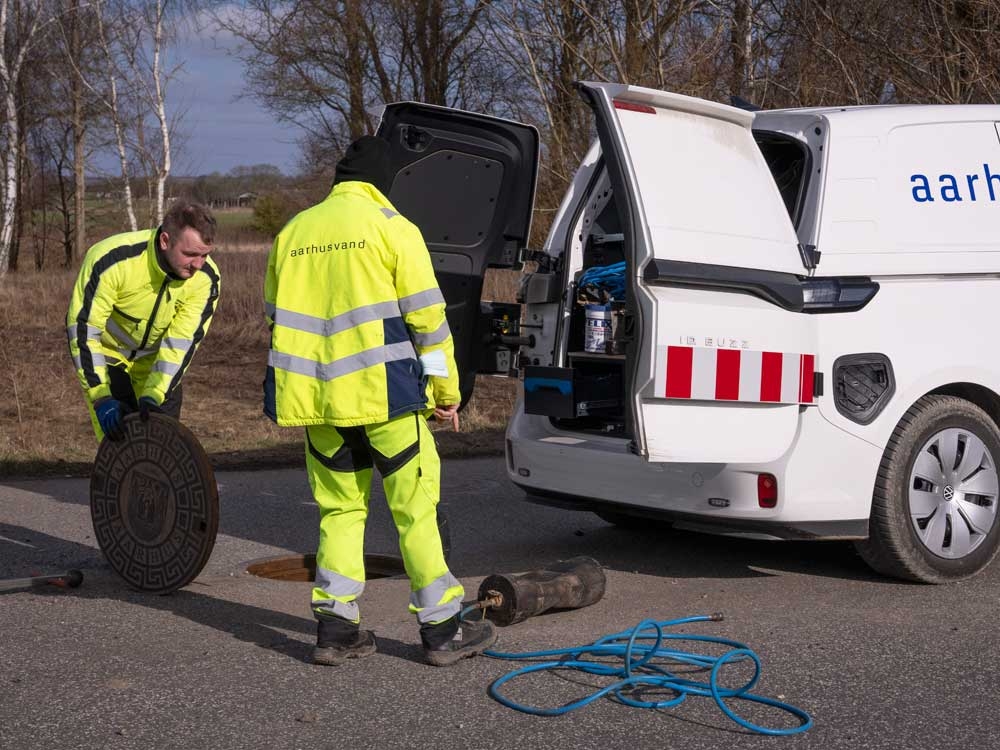Denmark Arrests Two in Connection with Sewer Murder Case

Danish authorities have made significant progress in a chilling murder case that has captured the nation's attention. Two individuals, a 41-year-old Polish man and a 30-year-old Danish woman, were arrested on Monday, charged with the murder of a 26-year-old Polish man whose body was discovered in a sewer in East Jutland earlier this year. The arrest marks a pivotal moment in an investigation that has spanned several months, shedding light on a grim discovery made by sewer workers on February 28.
The case has unfolded in the quiet East Jutland area, approximately 167 kilometers west of Copenhagen, where the victim's body was found under circumstances that have yet to be fully disclosed by the police. The suspects were apprehended following a series of searches conducted at multiple addresses, indicating a thorough investigative process. However, the motive behind the killing remains unclear, leaving many questions unanswered as the community seeks closure.
With the suspects scheduled to appear in court for a closed-door hearing on Tuesday, the legal proceedings are poised to begin in earnest. The decision to hold the hearing behind closed doors suggests the sensitivity of the case, potentially involving details that authorities are not yet ready to disclose to the public. This approach underscores the gravity of the charges and the careful consideration being given to the judicial process.
As Denmark grapples with this tragic incident, the international community, particularly Poland, watches closely. The victim's nationality adds a layer of complexity to the case, highlighting the interconnectedness of European societies and the shared concern for justice across borders. The upcoming court hearing may provide further insights into the circumstances surrounding the murder, but for now, the case serves as a somber reminder of the challenges faced by law enforcement in solving crimes that shock the conscience.




